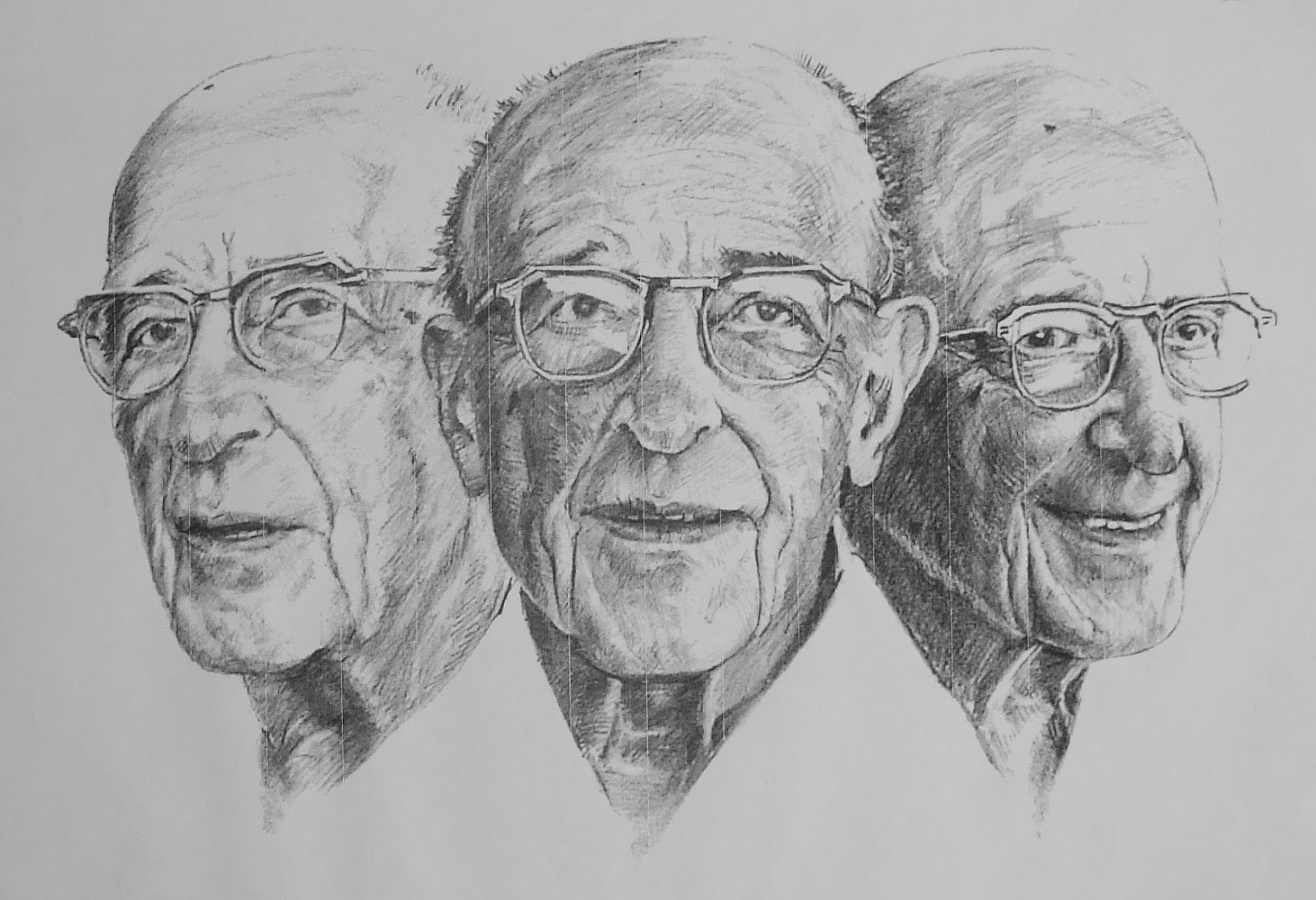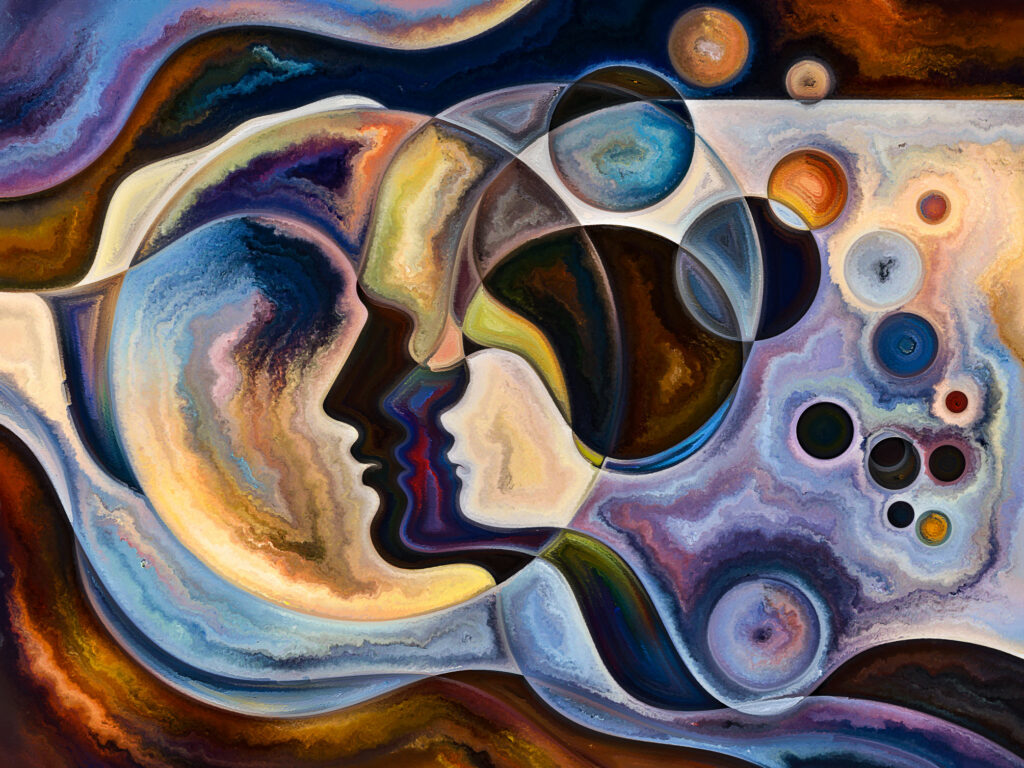“We are responsible for the choices we make and we are responsible for the consequences. To be able to live with the consequences is what responsibility is all about.”
Carl Rogers
Inspirational pioneer, Carl R. Rogers is widely regarded as one of the most influential psychologists of the 20th-century. He was a humanistic thinker, who believed that people are fundamentally good. He is considered one of the founders of humanistic psychology and the person-centred approach. Herewith an excerpt from a 1984 interview with Odyssey Magazine. It is noteworthy that his views and teachings during his lifetime are still powerful and valid 40 years later.
Odyssey: How does one go about being a real person? How does one achieve congruency?
Rogers: I’d say it’s a lifetime occupation, but we can always take steps in that direction. The more integrated the therapist, the more useful he can be to another person.
Odyssey: Being real, whether at home, in the classroom or with a client, one needs to be able to acknowledge mistakes. This applies to all our relationships.
Rogers: Perhaps it’s possible to be congruent for 50 minutes a day at a time (e.g. the length of a counselling session) but within a family, 18 hours a day – that’s tough!
The conditions for the optimal climate in therapy which we are outlining here, cannot be turned on and off, but when these conditions do exist the client is very fortunate, for he has a maximum opportunity for growth.
Another very basic element is that of caring – caring for the other person; giving them unconditional positive regard. A person is very fortunate if faced with a situation in which the positive regard is unconditional, for this is not something one can turn on. It is a prizing of the individual – a parent, for example, prizes his child whether good or bad. Prizing, unconditional positive regard, is the kind of attitude which makes for growth.
Then there is a very sensitive empathy. This is a very, very special kind of listening. I’m not talking about just listening, but about being able to enter the world of the client and experience that world as the client experiences it. This is easier if you, as therapist or facilitator, are secure in your own world and know that you can return to it. Seeing the world through the client’s eyes – going with the client as a companion in his fear, be it fear of dying or of marriage or whatever he has to face. Very rarely are we listened to and accepted without judgment. Seldom do we find someone who understands what its like to be ‘me’. Non-judgmental empathetic listening is one of the least understood elements in therapy and one of the most important.
Odyssey: What if the client is leading you on, testing your responses, or even lying to you outright?
Rogers: That’s fine. I am a gullible therapist. If that’s what my client wants me to believe, I don’t mind. It is important to him.
Odyssey: Do you rely on your intuition?
Rogers: Intuition, like empathy, is not something you can just turn on, but there are times in a relationship when something rises within me to be said. It may not seem to have any relevance to what is happening, but often I find that, if I do say it, it touches something important. Intuition cannot be manufactured, but if one trusts one’s intuition then sometimes from the depths of one’s being something connects between the therapist and the client and this is very precious.
Odyssey: In your writings you talk about levels of awareness. Would you illustrate what you mean?
Rogers: If, when I am trying to respond empathically to a client, the client says, “Yeah, that’s what I’ve just said,” his reply is an indication that your response was superficial. If on the other hand the client ponders over what you have said and then hesitantly agrees with you, it could be that your response has touched an area just below the conscious level and that it could be threatening. In trying to be too empathic you may in fact have responded too deeply, at a level not yet in the client’s awareness and this makes the therapist an ‘authority’ instead of a companion. The ideal reply to your response would be for example, “Yes, you understand me just a little more than I understand myself.”
Odyssey: I’d appreciate feedback on the issue of responsibility. I used to understand that responsibility meant being responsive to the needs of others – consideration. Then in recent years I came to understand that it meant being responsible to oneself with one’s primary responsibility being self-actualisation.
And I’ve never fully understood the balance between responsibility for others and for myself. Responsibility implies choice. Does this imply a knowledge of the consequences?
Rogers: I’ll answer the second part of your question first. We are responsible for the choices we make and we are responsible for the consequences. To be able to live with the consequences is what responsibility is all about. I don’t believe in being responsible for the other person. I do believe in being responsible to the other person and in a caring and sharing with consideration for the other.
Honouring Carl R. Rogers (1902-1987)



